The Myth of a Sectarian War in Iraq
The Myth of a Sectarian War in Iraq:
When the world has been glued to the TV screens following the nimble movements of football players, the ISIS drama has unfolded in the most bizarre fashion. Clad in back, sporting black flags, the hoodlums are out on their wily ways. Iraq has been in the grip of political turmoil once again. The current socio-ethnic and geo-political mayhem surrounding Iraq cannot be treated in isolation with the rest of the Arab world. Iraq turns out to be the microcosm of the larger Arab world, in which it is pitted against the backdrop of multifarious challenges. The glorious ‘Arab Spring’ has given in to the very antithesis that it rose against, as seen in Egypt, Tunisia, Libya and Yemen. Egypt finds itself in the clutches of military once again, maltreating journalists and grappling with scandals of women rights violation. Libya is torn in Benghazi and so is Yemen. The Boko Haram hysteria resounds in Muslim North Africa and does not auger well. Recently Iraq has become the seedbed of conflicts, cut down in size by being dubbed as a host to ‘sectarian war’. Consider Syria where ISIS was allowed to incubate, only to evolve into an invincible bedrock of evil, for the US chose to see their lot as ‘freedom-fighters-turned- rebels’. Hence the vast swathes of border crossings into Syria, that the ISIS has come to occupy, allow it unflinching patronage. The gap never comes, as their losses in Iraq are duly recompensed with the help of supplies from the safe houses they harbour in Lebanon and Syria. More so, the ISIS or ISIL, wherein ‘Levant’ stands for Lebanon, refers to their countless go downs in Lebanon’s Ersal, once a frontier town now bearing semblance of a Salafist enclave. The world seems obsessed with the ‘sectarian war’ mantra fed by the US. As passive listeners, we are comfortable with mindlessly regurgitating the US stance. It is strange that the ISIS in Iraq is tantamount to Sunni versus Shia strife, whereas the same clan, whether functioning under the appellation of TTP in Pakistan or Boko Haram elsewhere, likewise targets the state and challenges the writ of a democratic government and yet falls short of being labeled as ‘Sunni’. While Pakistan actually suffers from rigid sectarianism, the TTP has never been dubbed as ‘Sunni’ militant outfit. Hence the US is careful to inject this tirade at this critical juncture for the eon-old fight for ‘oil’ continues and not only Mosul, the second largest city of Iraq is under the ISIS, also, the towns dotted with untapped oil reserves have also fallen under the boots of the ISIS. Hence the US would not mind toppling a democratically elected government in Iraq calling it ‘Shiite’. The US also considers forging close relations with non-state actors at this point in time, as US Secretary of State John Kerry invited the President of the Kurdish region to help resolve the current conflict in Iraq during an unannounced visit to Arbil. One wonders if the US will play a similar farce in overthrowing a much awaited democracy in Afghanistan. Ask the most esteemed Shiite cleric in Iraq, Ayatullah Sistani and he says that his followers are not fighting a sectarian war, but fighting to safeguard the sovereignty of Iraq comprising Sunnis, Kurds and Shiites. Ayatullah Khamenei lays that the Iraq war is not a sectarian war but marked with typical (Machiavellian), ‘hegemonic’ pursuits. President Rouhani has remarked that though Iran would not hesitate in offering support to Iraq in guarding the holy shrines, yet this is a task that Iraq is capable of accomplishing itself. Osama al Nujaifi, a former speaker and most outstanding of the Sunni leaders denounces a third term for Maliki. Dhiaa al-Assadi a senior leader of Ahrar, a party associated with Moktada Al Sadr, the prominent Shiite cleric is positive that they can remove Maliki through constitutional means, so why the need for insurgency in which civilians are a hard hit. Constitutional means stipulate that democracy is not to be derailed. Some thinkers have gone to the absurd length of justifying the brutalities of Sadam under the ruse that he was ‘secular’! Hence the result is a bonding of the former Baathists and the ISIS. Baathists have a ‘secular outlook’ who espouse communist ideals and their alliance with ISIS is but a marriage of convenience. There are hundreds of thousands of Sunnis who denounce the barbarity of ISIS and have recently voted Maliki in. OIC and the Arab league remain conspicuous by their absence in the resolution of conflict in Iraq. Ironically the Muslim-Arab world has remained divided, in instances favouring the US and toeing its line. The rich oil producing countries seek their respective megalomaniac pursuits. The US in its recipe of success in Iraq is set to prepare grounds for a ‘unity government’ where unity implies subverting the democratic order. Instead of respecting the popular vote, the US finds it convenient to gather new friends, as Maliki does not serve its purpose anymore. Thus no matter how much the US reiterate that it is not its job to pick up candidates for Iraq’s premiership, it does not hesitate in holding meetings in search of an agreeable candidate. As a result there are a number of Iraqi leaders who have been anticipating their place in the top government circles. The possible candidates could be Ahmad Chalabi, Bayan Jaber and Adel Abdul Mahdi. These like Maliki are Shiites and include a fair share of seats in the parliament. This political manouevering began as a result of US press conference on 19th June in Washington, promsing 300 military advisers to Iraq. Given the most advanced technology borne by the US, is it a difficult feat for the US to help Iraq eliminate these elements altogether? Hence call it sectarian warfare or what; it all bogs down to cosmetic verbosity. We still dwell in the aftermath of the Soviet disintegration. The forceful juxtaposition of self-proclaimed Islamists and the US was not about the disintegration of the USSR. The militants who could not earn a space after this war, turned into terrorists on home ground. These were neither Shia nor Sunni as is the case today. There are scores of militants hailing from Europe who do not adhere to any Islamic sect. The fact of the matter is, these ‘takfeeri’ militants do not have any religion. Religion only lends a personable appearance to their nefarious deeds and allows them a gateway to the hearts of the “fools’ multitude” in Shakespearian parlance. No Sunni, or for that matter no religion sanctifies, genocide, vandalism, rape, abduction and demolition of sacred shrines. No Sunni can sanction massacre and sacrilege. Their furtive motives unravel plans to destroy and desecrate shrines in Iraq, revered by Muslims in totality. Had they been really devout Muslims, they would deem Israel as their target and not Muslims. The most blatant devastation of the Mausoleums of the Holy Prophet Salallahu Alaihi Wa Aalihi Wasallam’s companions in Raqqa and destruction of Khalid bin Waleed Mosque in Damascus is condemned by all denominations of Islam. Having occupied various border crossings into Syria and Jordan, as well as areas adjoining Saudi Arabia, ISIS is rapacious for ‘recognition’ as an independent territory. Being the recipient of unconditional help from Saudi Arabia, they look up to diplomatic recognition exploiting the strained ties which remain between Saudi Arabia and Iraq, due to Iran’s influence on the region. Calling it sectarian is also a careful move to tip the balance against the favour of Iran in the region. The congenial ties between Iran and Iraq after the ouster of Saddam do not bode well for the US. Maliki’s recent turning down of US aid in the shape of troops is also a further reinforcement of this point. However the airstrikes and drone attacks against the ISIS were called for, which till the writing of this article did not materialize. Obama has reduced the help to mere ‘intelligence gathering’ and advisory role of the 300 military advisors. Iraq, unlike Afghanistan does not pose terrestrial challenges, as it is not a landlocked state. The war is being waged in the vast desert plains and elimination of the terrorists is not difficult.
The broken Al Qaeda offshoot has emerged as the wealthiest and strongest of all the existing terrorist outfits. Having ransacked the Iraq Central bank in Mosul, and numerous others elsewhere along the length and breadth of Iraq’s West, ISIS has more than $400 million to its credit. Not only has it reopened many of the banks it looted to bring life back to normalcy in areas under its control, it is feared that it also has the capacity to start ‘paying’ salaries to the employees. This might rally them supporters from the otherwise disenchanted citizens. However comparing their track record of human crimes in Syria, it seems that restoring order is not part of their agenda. Tech-savvy, ISIS militants are conversant with the modern means of extortion. Different cell phone apps are employed as an advertising gimmick to extort money with embedded taxes. In Raqqa, the ISIS not only ended up plundering and looting, but also took over the eastern Syrian oil fields. This fueled not only the militant’s own consumption of oil but also made it imperative for the locals to purchase from them at jacked up prices. Their revenue base has increased with growing number of occupied territories in Iraq, where the new taxable community is the Christian. Having occupied Mosul, Tikrit and other regions along the border, they harbour grand megalomaniac ideals. The Governor of Ninevah province Atheel Al Nujaifi stated that the insurgents ceased an amount sufficient enough to occupy other countries. The ISIS insurgents have allegedly also emptied the vaults in other banks. The fight at Iraq’s biggest oil refinery Baiji, strategically located between Baghdad and Mosul has been an apple of discord. The fight in Iraq has always been lured by mercenary ends. Why is that the same ISIS in Syria is not seen as a potential threat but once Iraq has hit the headlines with the seething turmoil, it has rattled the US. Stephen R.Kappes, the former deputy director of the Central Intelligence Agency, speaking at the Center for Strategic and International Studies in Washington elucidates ‘it’s a problem that we haven’t seen since the towers went down on 9/11.’ Is it really that big a problem for the US, or are the oil reserves? Our collective memories still resound with the WMD rant, never to be found in Iraq. ISIS has grand ambitions of charting a territory out of the fractious Iraq, where the Kurds have already arisen as an autonomous region, duly recognized by Turkey. The Kurds in Iraq have increased their hold in the northeast including oil rich city Kirkuk whereas the Sunnis have entrenched a strong hold in the west. US would make sure that it has ally in the region that it can fall back on, hence practically no military support to counter ISIS has been provided, rather than churning high-sounding diplomatic jargon redolent with ‘concern’ for suffering humanity. Turkey however has forged close alliance with the autnomous Kurdish region in Iraq. The Iraqi city Mosul captured on June 10, sent shock waves across the world. News is that 100 Turkish citizens have been detained including babies and women, thanks to the influx of militants to Syria via Turkey. Turkey’s foreign minister Ahmet Davutoglu is famous for his departure from the conservative policies with regards to the Kurd. His ‘zero problems’ vision has brought Turkey closer to the Kurdish region than Iraq. Now a 50- year deal with Iraqi Kurdistan to export oil through a pipeline running in Turkey is another viable reason.
Thus Turkey has recognized the autonomous Kurd region and acknowledges it as a strategic partner, though not paying heed to the disgruntled Kurd in Turkey. The collective memory of the global community could be regarded short-lived but is it a bygone that the stage is set in Qatar. The political actors include stalwarts from AL Qaeda and the US to ‘negotiate’. Enemies of humanity are not negotiated with, for negotiations happen on an equal footing. Yet the US engaged the anti-state elements disguised as Al-Qaeda as has been the wont with the US to destabilize order. Thus the world is poised at the crossroads leading to dystopia in which the US is only grinding its own axe.
طبقه بندی موضوعی
- About us: (۴)
- Tadabor(think deeply) in Doas(ziyara) (۷)
- Messages (۱۷)
- Ahead to the Arrival (۴۲)
- My Questions and Quran Answers (۱۵)
- Tadabor(think deeply) in Quran (۵)
- Other (۱۲)
- Ansar Almahdi (۶)
- Messages of Ayatollah Khamenei to the western Youth (۲)
- Messages of Holy Ramadan (۳)
- International Prepration Of Arbeen Mobaleghin (۱۴)
- Presence of Imam Mahdi AJ (۶)
- Let's organize ourselves for the Arrival (۵)
- Tadabor(think deeply) of Yusef Surreh in Quran (۱)
- Understanding the concept of Willayat (۲۰)
- A public movement (۴)
- Etekaf (۴)
- Tadabor of Ziyara Arbaeen (۸)
آخرين مطالب
-
-
Tadabbor in 7th supplication of Imam sajjad part 4
Friday 17 July 2020 -
Tadabbor in 7th Doa of Sahifa Sajadieh part 2 and 3
Friday 17 July 2020 -
Tadabbor in 7th Doa of Sahifa Sajadieh part 1
Friday 17 July 2020 -
International Campaign The Only Hope
Monday 6 April 2020 -
International campaign of imam Mahdi (aj)
Wednesday 12 February 2020 -
Arbaeen is a path to the Sky
Sunday 20 October 2019 -
Imam Khomeini’s 16 Steps to Self Perfection
Wednesday 31 July 2019 -
It is necessary to mention some delightful points
Wednesday 31 July 2019 -
Wellaye Tadabor of some of Versuses in Chapter 28/29/30 of Quran
Sunday 23 June 2019
بایگانی
- July ۲۰۲۰ (۴)
- April ۲۰۲۰ (۱)
- February ۲۰۲۰ (۱)
- October ۲۰۱۹ (۱)
- July ۲۰۱۹ (۲)
- June ۲۰۱۹ (۲۴)
- May ۲۰۱۹ (۵)
- March ۲۰۱۹ (۱)
- February ۲۰۱۹ (۴)
- January ۲۰۱۹ (۵)
- December ۲۰۱۸ (۲)
- November ۲۰۱۸ (۱)
- June ۲۰۱۸ (۱)
- April ۲۰۱۸ (۱)
- March ۲۰۱۸ (۲)
- February ۲۰۱۸ (۲)
- December ۲۰۱۷ (۱)
- October ۲۰۱۷ (۱۲)
- September ۲۰۱۷ (۶)
- July ۲۰۱۷ (۲)
- June ۲۰۱۷ (۱)
- May ۲۰۱۷ (۱)
- April ۲۰۱۷ (۵)
- March ۲۰۱۷ (۱)
- February ۲۰۱۷ (۶)
- January ۲۰۱۷ (۱)
- December ۲۰۱۶ (۶)
- November ۲۰۱۶ (۲)
- October ۲۰۱۶ (۳)
- September ۲۰۱۶ (۴)
- August ۲۰۱۶ (۱)
- July ۲۰۱۶ (۸)
- June ۲۰۱۶ (۵)
- May ۲۰۱۶ (۲)
- April ۲۰۱۶ (۴)
- March ۲۰۱۶ (۲)
- February ۲۰۱۶ (۴)
- January ۲۰۱۶ (۳)
- December ۲۰۱۵ (۲)
- November ۲۰۱۵ (۸۸)
- January ۲۰۱۵ (۲)



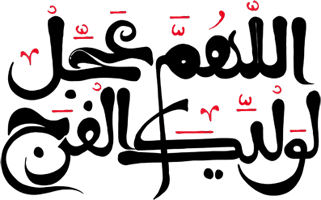






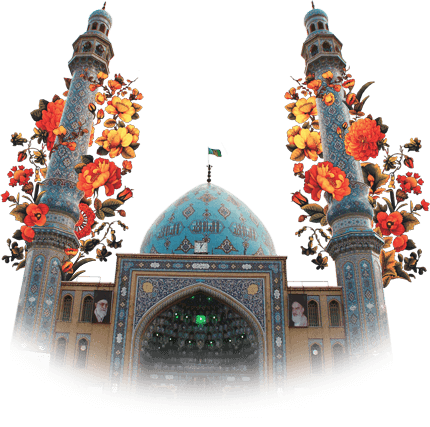

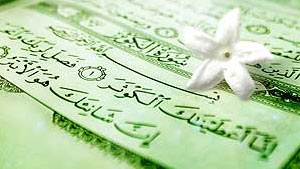
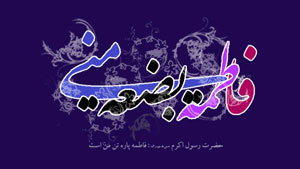


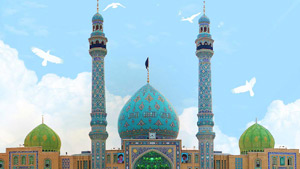
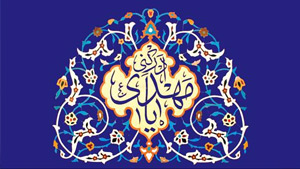


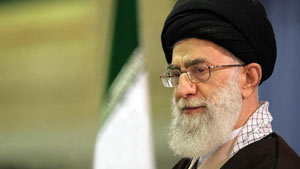
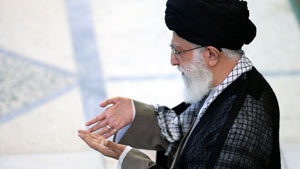




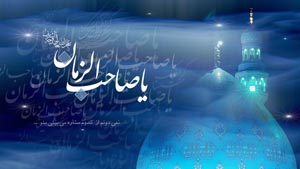

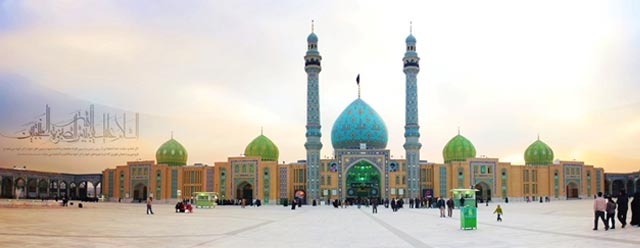
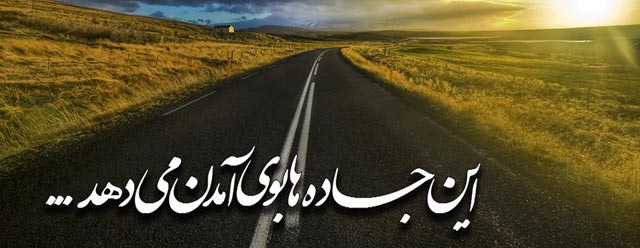
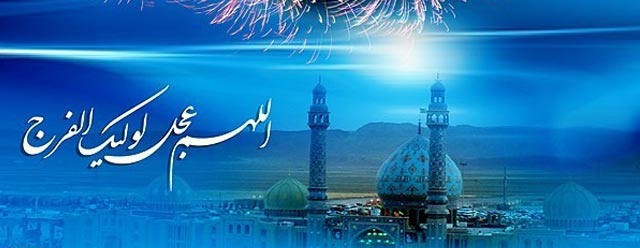

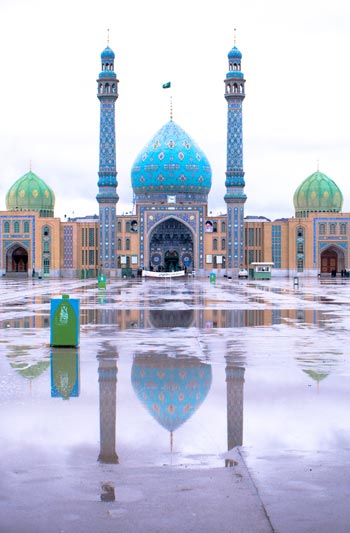
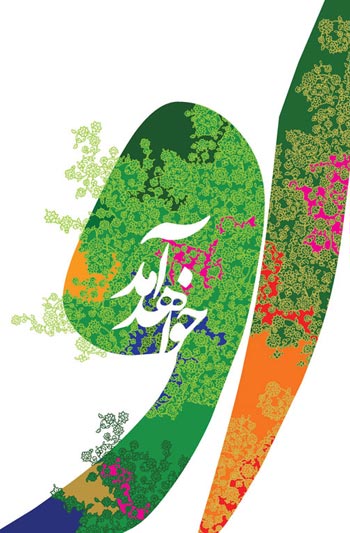
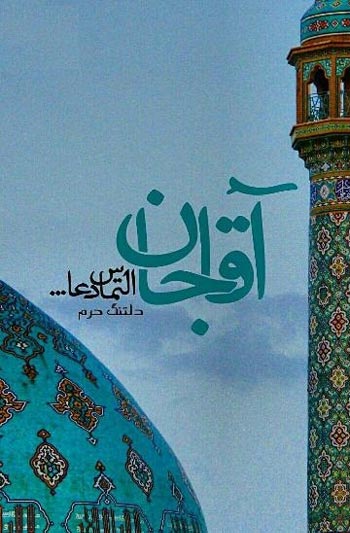
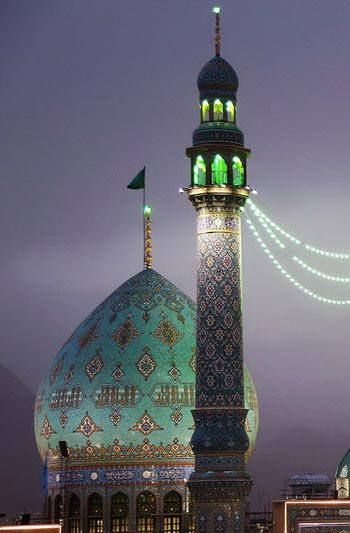














نظرات (۰)
هیچ نظری هنوز ثبت نشده است